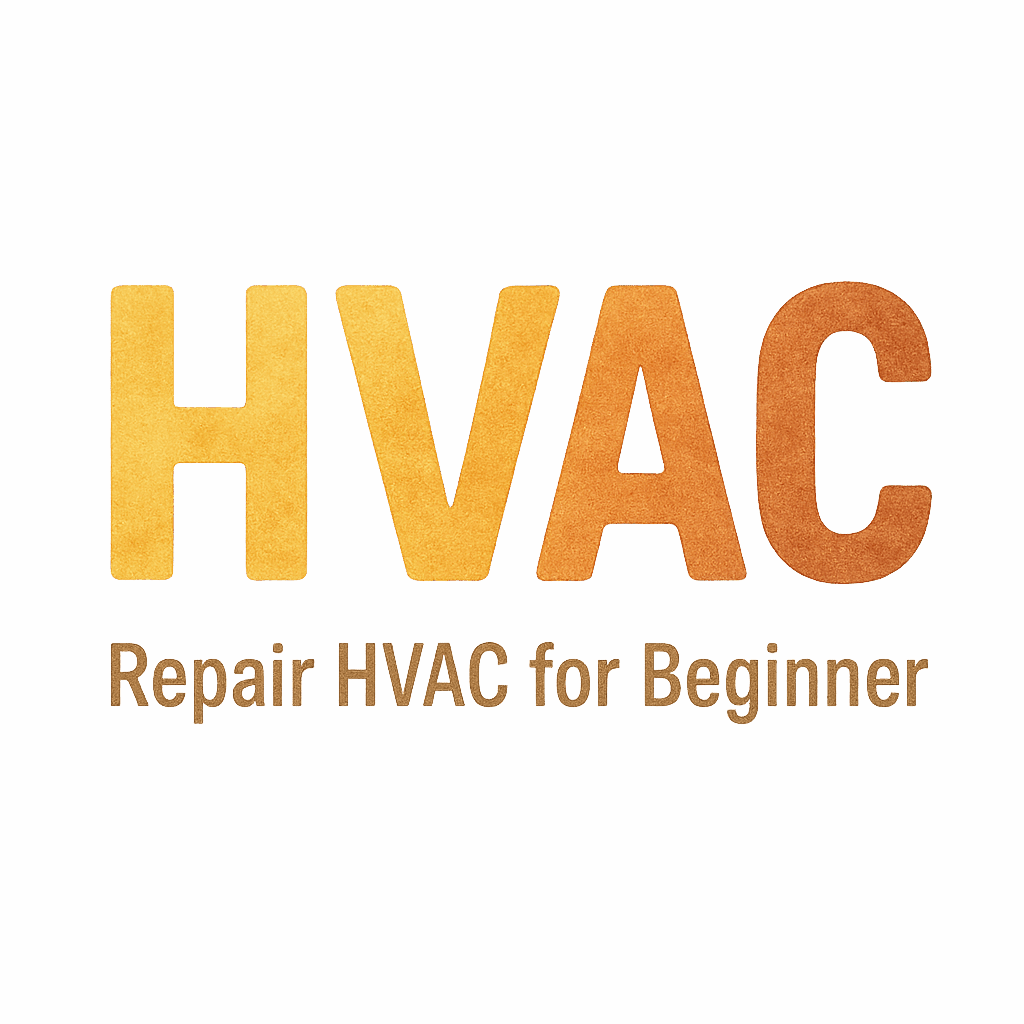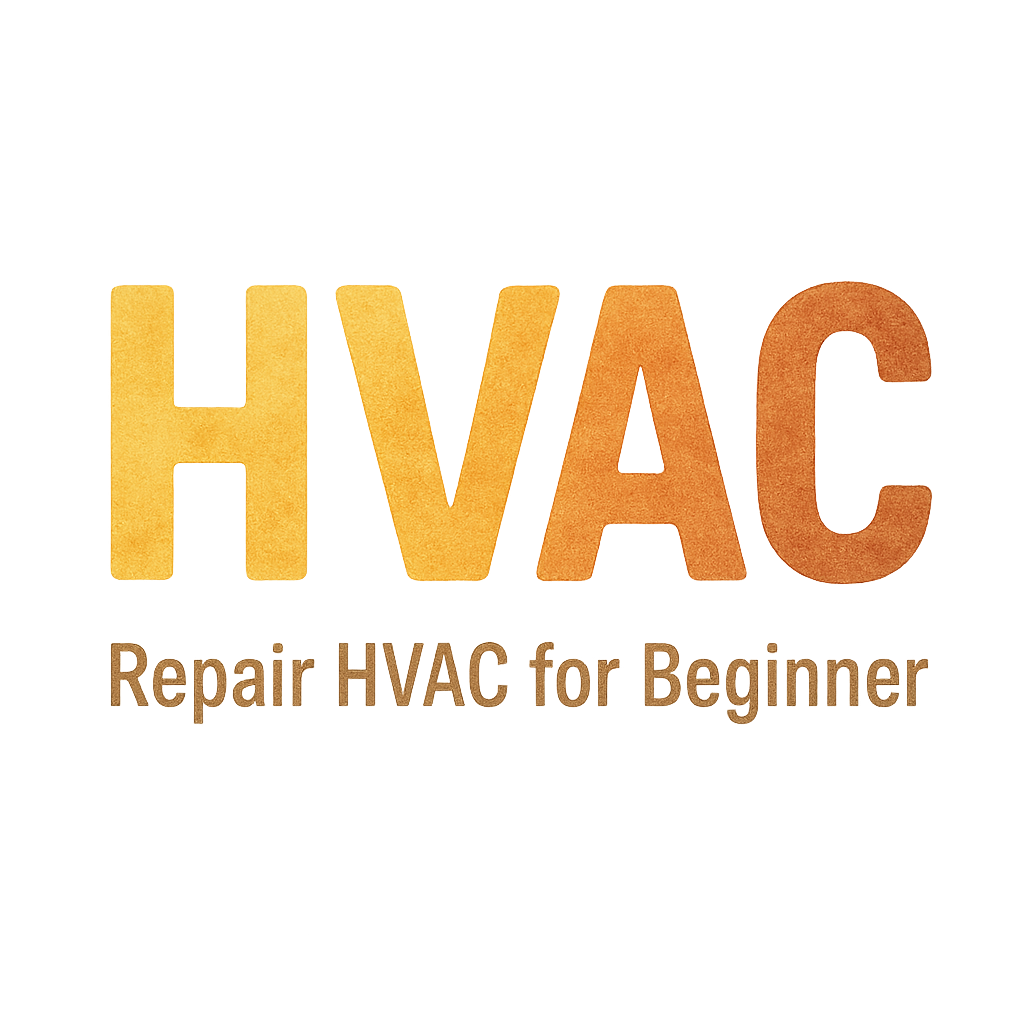HVAC systems are essential for your home’s comfort, keeping you cool in summer and warm in winter. But just like any other equipment, they can face issues. Regular maintenance and being attentive to any irregularities can help you avoid costly repairs. So, how do you know if your HVAC system needs a repair? Here are 9 signs your HVAC system needs repair.

Introduction
Your HVAC system is one of the most important elements of your home, providing heating, ventilation, and air conditioning. Maintaining it properly can extend its life and improve efficiency, saving you money in the long run. However, when problems arise, catching them early can prevent more expensive repairs. By being aware of the signs that your HVAC system needs repair, you can address issues before they escalate.
1. Unusual Noises Coming from the HVAC System
If your HVAC system starts making strange noises, it’s a clear indication that something isn’t right. While it’s normal for a system to make a soft sound, loud, persistent, or unfamiliar noises can signal serious problems:
- Rattling or banging noises may indicate loose parts or debris.
- Grinding sounds could mean worn-out components, such as the fan or motor.
- Squealing noises might be caused by a malfunctioning fan belt.
If you’re hearing these noises, it’s time to get your HVAC system inspected to prevent further damage. Learn more about common HVAC system problems.
2. Inconsistent Temperature Throughout Your Home
If your home feels too hot or cold in certain areas despite the thermostat settings being correct, there’s likely a problem with your HVAC system. Common causes of this problem include:
- Blocked or dirty air filters.
- Faulty or miscalibrated thermostat.
- Blocked air ducts that prevent even airflow.
Inconsistent temperatures throughout your home mean your HVAC system isn’t working as efficiently as it should. Find out more about troubleshooting HVAC problems for better home comfort.
3. Strange Odors When the HVAC is Running
When you turn on your HVAC system, the last thing you want is for bad smells to fill the air. These odors can point to underlying issues, such as:
- Musty smells could indicate mold or mildew buildup inside the system or ducts. Mold can be harmful to your health, so addressing it promptly is essential.
- Burning smells often happen when electrical components or wiring are overheating.
- Dirty sock syndrome, a pungent odor, is usually caused by bacteria or mold growing in the evaporator coils.
If you detect any of these smells, turn off your system and call a technician immediately. Check out more on HVAC cleaning and maintenance to keep your system in top shape.
4. The HVAC System is Blowing Warm Air Instead of Cool
During the summer months, you rely on your air conditioning to keep things cool. If your system is blowing warm air, there could be several reasons behind it:
- A refrigerant leak.
- Compressor failure.
- Dirty condenser coils that are preventing efficient cooling.
- Thermostat issues.
Warm air is a major red flag, especially during the hot season. If you notice this issue, contact a professional HVAC technician immediately. Learn more about common HVAC filter problems and how to avoid them.
5. Unexplained Increase in Energy Bills
Is your energy bill climbing even though you’re not using more power? A spike in energy usage often means your HVAC system is working harder than it should to keep your home comfortable. Potential causes include:
- Dirty filters restricting airflow.
- Old or inefficient system needing more energy to operate.
- Leaky ducts causing energy loss.
An increase in energy bills without a change in usage should prompt you to schedule an inspection. Read more about saving money on HVAC maintenance to keep costs down.
6. Short Cycling
When your HVAC system starts turning on and off rapidly without completing full heating or cooling cycles, it’s called short cycling. This can happen due to several issues:
- Thermostat malfunction.
- Low refrigerant levels.
- Clogged air filters restricting airflow.
- Overheating components.
Short cycling not only causes discomfort but can damage your system in the long run. Regular maintenance can help prevent short cycling. Learn more about common HVAC repair mistakes that can lead to issues like this.
7. Poor Airflow
If you notice that the airflow from your vents is weak, it’s time to take action. Low airflow can be caused by:
- Clogged or dirty air filters.
- Blocked or damaged ducts.
- Broken blower fans.
- Leaky ductwork that is allowing air to escape.
Poor airflow means your HVAC system is struggling to circulate air efficiently, leading to wasted energy and higher bills. To prevent poor airflow, check out these HVAC maintenance tips.
8. The System is Constantly Running
If your HVAC system is running nonstop, there may be an issue with the system’s efficiency. Potential causes for this include:
- Faulty thermostat settings.
- Overworked system due to improper sizing.
- Old, inefficient system.
A system that runs all the time can lead to excessive wear and tear, reducing its lifespan. It’s important to ensure that your HVAC system is correctly sized for your home. Find out more about HVAC system diagnosis to prevent long-running issues.
9. Water Leaks Around the HVAC Unit
Water around your HVAC system is a serious concern. Though some moisture is normal (especially with cooling systems), excessive water around the system can indicate issues like:
- Clogged condensate drain.
- Frozen evaporator coils that melt and leak when thawing.
Moisture can lead to mold growth and water damage if left unchecked, so make sure to get your system inspected right away. Explore our HVAC troubleshooting guide for additional help.
Conclusion
If your HVAC system shows any of the above signs, it’s crucial to act fast. Regular maintenance and quick repairs will not only keep your home comfortable but also extend the life of your system and improve efficiency. If you suspect an issue with your HVAC, don’t hesitate to call in a professional technician.
FAQs
How Often Should I Have My HVAC System Inspected?
It’s recommended to have your HVAC system inspected at least once a year—preferably before the start of each season—to ensure everything is running smoothly. Learn more about HVAC monthly care.
Can I Fix HVAC Problems Myself?
While minor problems like changing filters can be handled by homeowners, it’s always best to call a professional for major repairs. Get more tips on repairing HVAC systems safely.
What Should I Do If My HVAC is Not Cooling?
If your HVAC isn’t cooling, check the thermostat settings and filters. If the issue persists, call a technician to inspect the refrigerant or compressor. For more troubleshooting, see common HVAC issues.
Is It Worth Repairing an Old HVAC System?
It may be worth repairing an older system if it’s still functioning well and not requiring frequent repairs. However, if the system is more than 10 years old, you might consider replacing it instead. Learn about repair vs. replacement options.
What Happens if I Ignore HVAC Problems?
Ignoring HVAC issues can lead to higher energy bills, more extensive damage, and a system breakdown. Preventative maintenance is key to avoiding these problems. Explore HVAC troubleshooting tips.
How Do I Choose a Good HVAC Repair Company?
Look for a licensed company with good reviews and experience in your area. You can also ask for quotes and compare services. Learn more about choosing HVAC technicians.
How Can I Prevent Future HVAC Breakdowns?
Scheduling regular maintenance, such as filter changes and annual inspections, can help prevent unexpected breakdowns. Visit HVAC monthly care for maintenance tips.


